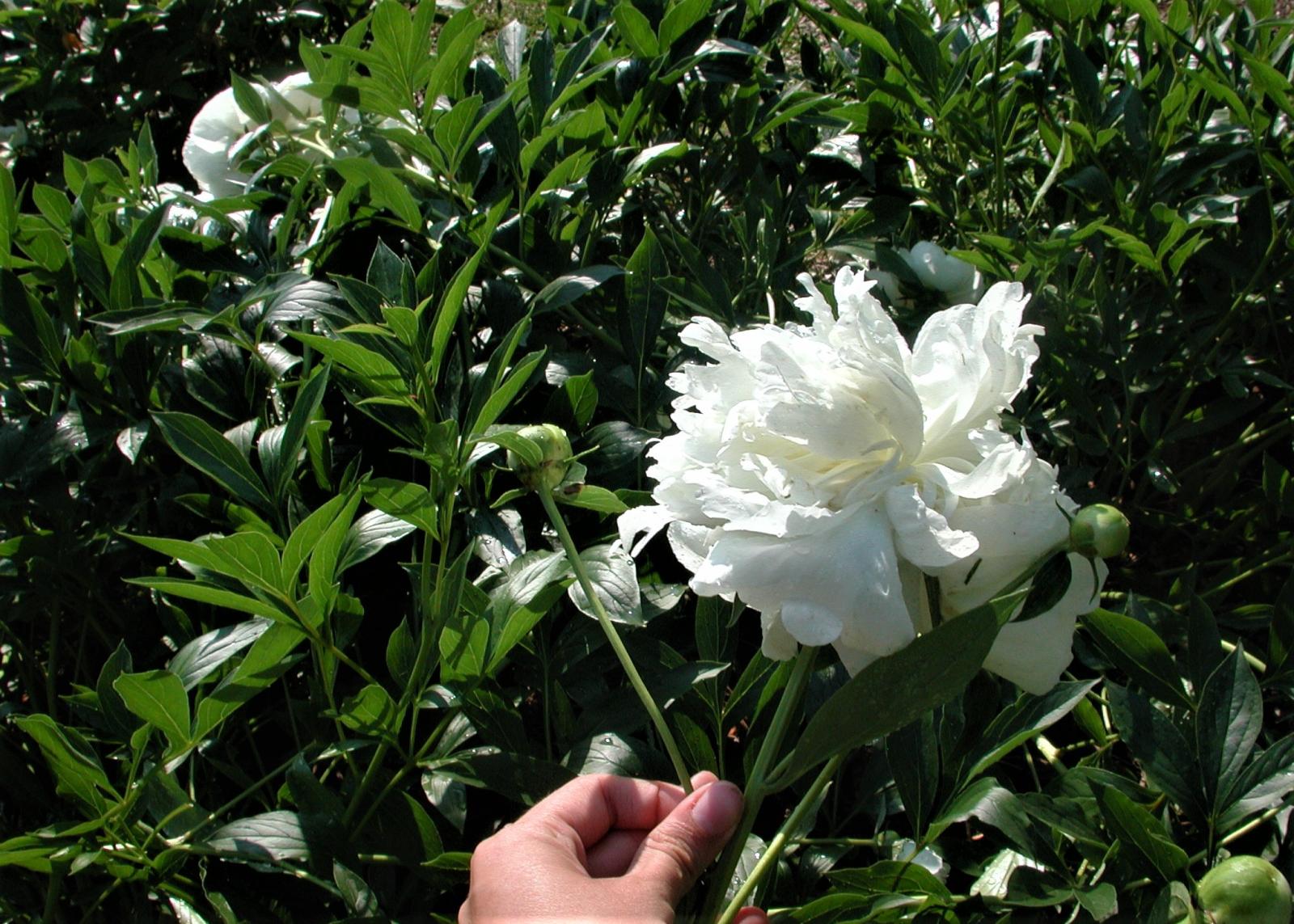Details

History
1916-Farr:24 Large, loose, flat crown. Bright mauve-pink, 2(181); collar mixed with narrow lilac, 1(176). Fragrance XXX. Early. Strong, upright; very free bloomer. One of the best commercial pinks for Decoration Day. 50 cts.
1918-B006-I:07
1921-B014:11 Symposium II rating: 7.6
1923-SPN:345
1928-B:30 Double. 7.6 (Sym. 1921). Pink. Included in descriptive list by vote of Directors.
1928-B-d:091 Double type; medium size; very early. Guard and center petals bright old-rose pink, with a collar of distinctly lighter narrow petals; very fragrant. Usually develops a crown as the flower ages. Tall; extremely floriferous; with excellent foliage and rather bending stems. A very old, tried and true variety, largely planted for its very early bloom. Also a popular and desirable commercial variety widely grown for cut-flowers. Included by vote of Directors in spite of its rating. “Does exceedingly well in heavy clay soils and should rate much higher.”—Boyd.
1962-W:074 Double. Old-rose pink. Fragrant. Early mid-season. Literal translation “splendidly eatable.” This is one of the most famous of the older varieties and is grown in immense quantities for commercial cut flowers.
1976-K:024 Double – Pink – Early. Tall. Very fragrant. Medium size. Guard and center petals bright old-rose pink, with a collar of distinctly lighter narrow petals. Usually develops a crown as the flower ages. Extremely floriferous; with excellent foliage and rather bending stems. A very old, tried and true variety, largely planted for its very early bloom. Also a popular and desirable commercial variety widely grown for cut flowers. “Does exceedingly well in heavy soils and should rate much higher.” Boyd. M.



